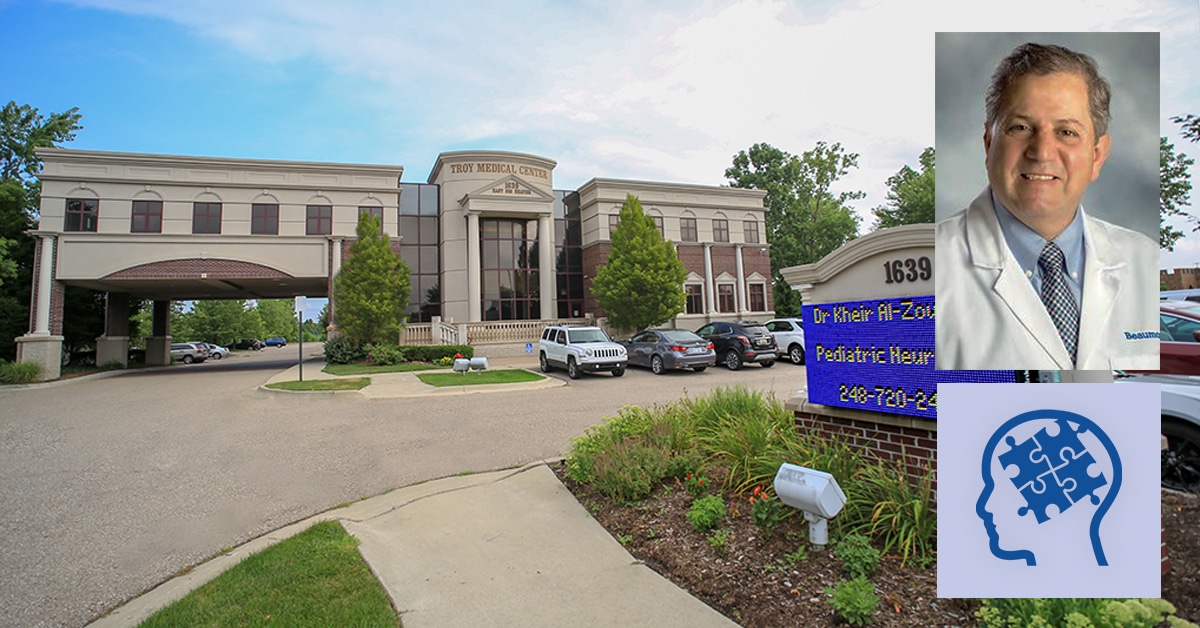There are all sorts of signs that a child may fall somewhere on the autism spectrum. They might not be developing at the same rate/pace as their peers. They may not be exhibiting the same fine motor, language, speech, social, or play skills as other children their age. They may start to appear as if they’re regressing, or losing learned skills and abilities. Or perhaps you’re simply noticing more disconnect between you, or your child is being disruptive or acting out more. Whatever the case may be, a trained pediatric neurologist, like ours at Oakland Child and Adolescent Neurology can help. How you may ask? Well, let’s start by answering some of the most common questions asked by families with children who have autism.
What Types Of Tests Are Usually Performed?
Uncertainty over what’s going to happen to your child can cause you to question whether it’s really the right time to seek outside help, especially since change is often a major trigger when dealing with children who have autism. However, once parents come and learn about autism from a pediatric neurologist, it’s really not intimidating at all. The process starts with an in-depth analysis of the child’s total medical/physiological history. Then, a standard physical exam is performed to look for any signs of any diseases or genetic markers of autism, such as tuberous sclerosis. Finally, the biggest and most important test performed is an EEG to test activity in the brain and scan for seizures, which can often go hand in hand with autism.
Are Sleep Problems Something To Worry About?
Most kids struggle to go to bed at night, any parent will tell you that. However, with children who have autism, it’s a lot more serious than simply not wanting to go to sleep. Children with autism are significantly more likely to develop genuine sleep disorders, and will often have problems both falling and staying asleep. In cases like these, pediatric neurologists will often apply various behavior changes to see if that makes a difference. If not, a sleep study may be considered to determine the child’s exact sleep patterns and come up with the most effective solution.
Are People With Autism More Likely To Have Seizures?
People with autism do, in fact, have a lower seizure threshold than those without the condition. Triggers for autism such as infections, high fevers, certain medications, and sleep abnormalities are things that most people’s bodies handle well for the most part. However, people with autism are often 15% more likely to suffer a seizure when faced with any one these triggers. Typically, this will be most evident either during their toddler years, between the ages of one and four, and during their adolescence.
How Can You Recognize A Seizure?
Most people recognize seizures a convulsions on the ground and a loss of consciousness, but the truth is they’re not always that easy to detect. That is an example of a grand mal/tonic-clonic seizure. Your child’s body will stiffen or shake for some time, and afterwards, they will often feel very drained or tired. On the other hand, a petit mal/absence seizure may only look like your child suddenly stopped playing for some reason and is staring into space for a few moments. For parents of children with autism, this can make it extremely difficult to recognize, even for trained pediatric neurologists, which is why the EEG tests are so important.
What If An EEG Appears Abnormal, But Does Not Confirm A Seizure Disorder?
In cases like these, every situation is different. Every pediatric neurologist will have a different opinion, and every child has different needs. If they are severely autistic, anti-seizure medication may greatly benefit their life. However, side effects and length of treatment time should always be considered.
If you want to learn more about how a pediatric neurologist, like Dr. Kheir Al-Zouhayli at Oakland Child and Adolescent Neurology, can successfully treat your autistic child, all you have to do is make an appointment and see for yourself!
If you believe your child may be suffering from a neurological disorder or if you are looking for help managing an existing condition, consult a child neurologist, like Dr. Al at Oakland Child and Adolescent Neurology, today, by calling 248.720.2470, or after hours call 248.456.8507, or fill out the schedule an appointment form in the sidebar or below to learn more about Dr. Kheir Al-Zouhayli, Oakland Child and Adolescent Neurology, and how we can help you.

